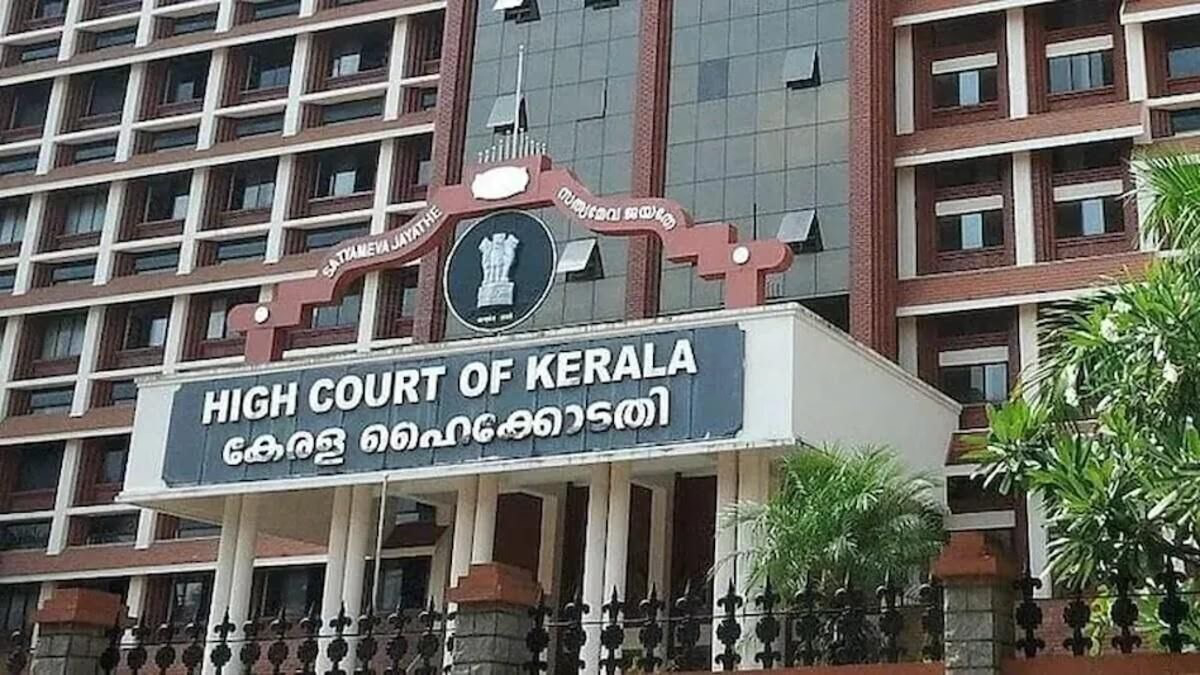In a significant ruling regarding sting operations conducted by the media, the Kerala High Court has spoken. The High Court clarified that if sting operations by the media are in public interest, they are valid. The case in question related to the 'sensational Solar Scam ' and involved a plea from two journalists of a TV channel. The incident dates back to 2013 when they sought permission to visit a prisoner in Pathanamthitta district jail to record a statement.
Subsequently, the journalists were accused under sections 86 and 87 of the Kerala Prisons and Correctional Services Act, 2010 (referred to as 'Act 2010'). A complaint was lodged, leading to criminal proceedings against them. Justice PV Kunhikrishnan, presiding over the case, highlighted that the 'fourth estate' (media) plays a crucial role in investigating and exposing corruption, abuse of power, and other wrongdoings by holding those in power accountable. By providing accurate and impartial information, the media enables the public to make informed decisions. However, to achieve these objectives, the media may engage in activities generally not permissible under ordinary law. One such method is the 'sting operation'.
Nevertheless, the court cautioned that there cannot be a blanket validation of all 'sting operations' conducted by law enforcement and media. Each instance should be reviewed on its individual facts. If the intent behind a sting operation is malicious or aimed at humiliating an individual, then the media personnel will not receive legal support for such an operation and its reporting. Conversely, if the aim is to uncover the truth and inform citizens without malice, the media is granted immunity from prosecution for such 'sting operations'.
The Court dismissed the charges by noting that the journalists had entered the jail with prior permission and other necessary factors. They were attempting to obtain a statement from a prisoner involved in a highly sensational case at the time. Jail authorities intervened, preventing any recording by stopping them from using mobile phones. The court concluded that their actions were solely to gather news and not to intentionally violate the law.




